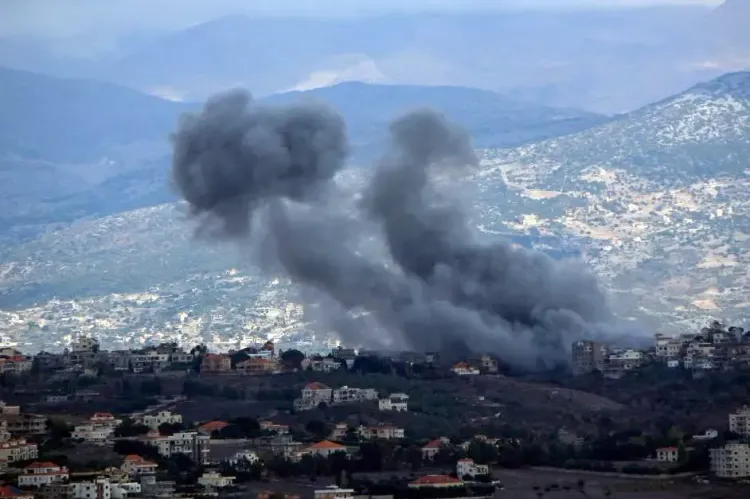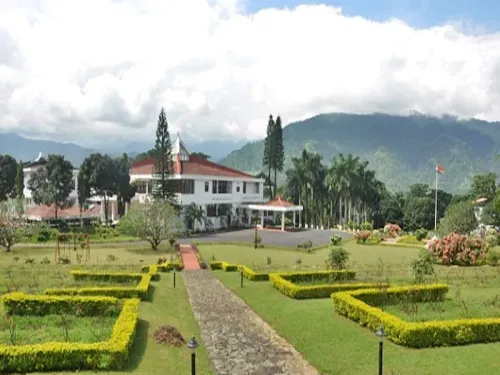Did Pakistan's Airstrikes on Kabul Ignite Tensions with Afghanistan?

Synopsis
Key Takeaways
- Escalating tensions between Pakistan and Afghanistan after explosions in Kabul.
- Suspicions arise over unprovoked airstrikes.
- Calls for diplomatic solutions and regional cooperation.
- Impact on civilian safety and security in the region.
- Potential for further military escalation.
Kabul, Oct 10 (NationPress) Tensions between Pakistan and Afghanistan have escalated significantly following a series of explosions in Kabul, which local residents and observers suspect may have been caused by unprovoked cross-border airstrikes.
The Afghan capital was rattled as powerful blasts reverberated through various neighborhoods, with eyewitnesses reporting the unmistakable sounds of aircraft flying overhead.
The explosions reportedly originated from District 8 in eastern Kabul, an area that houses critical government facilities and residential zones, leading to widespread panic. While the precise source and purpose behind the blasts remain unverified, initial reports indicate the likelihood of airstrikes, intensifying concerns about an escalation in regional conflict.
This incident unfolded just hours after Pakistan’s Defence Minister Khawaja Asif delivered a passionate address in the National Assembly, hinting at a deterioration in diplomatic restraint.
“Enough is enough; our patience has run out. Terrorism from Afghan soil is unacceptable,” Asif stated, recalling a previous visit to Kabul by Pakistani officials, during which Afghan authorities allegedly failed to provide assurances against militant operations aimed at Pakistan.
While Pakistan has not officially acknowledged launching any strikes, the timing of Asif’s remarks alongside the ensuing explosions in Kabul has fueled suspicions of intentional military action.
In response to the rising tensions, mobile internet services were suddenly cut off in the Pakistani cities of Islamabad and Rawalpindi, although authorities have not provided an explanation for the interruption.
The alleged strikes drew immediate condemnation from Baloch representative Mir Yar Baloch, who took to social media to vocally criticize Pakistan’s actions.
“We categorically condemn the attack on Kabul today by the rogue state of Pakistan. The terrorism executed by the rogue state and its corrupt military could cease swiftly if Afghanistan recognizes Balochistan as an independent state,” he asserted.
Furthermore, he argued that Pakistan’s military bases and airfields, situated in Balochistan and occupied Pashtunistan, do not represent the nation as a whole but act as tools of coercion against neighboring regions.
“Pakistan has no direct border with Afghanistan; the military installations of what is effectively Punjab-based Pakistan are found in Balochistan and occupied Pashtunistan. They symbolize terrorism for Balochistan and Pashtunistan, posing a threat to Afghanistan’s security,” he emphasized.
Mir Yar Baloch suggested a significant geopolitical shift as a resolution: “If Kabul today acknowledges Balochistan as an independent state and incorporates Pashtunistan into Afghanistan as part of its territory, then the Baloch and Afghan peoples could collaboratively secure their border and airspace. This would prevent Pakistan’s military aircraft and drone strikes from entering their airspace and targeting innocent civilians, safeguarding our national security.”
As tensions continue to rise, fears of further military escalation are intensifying.










